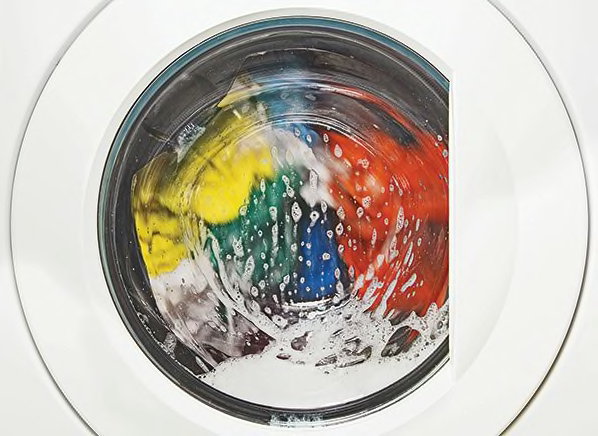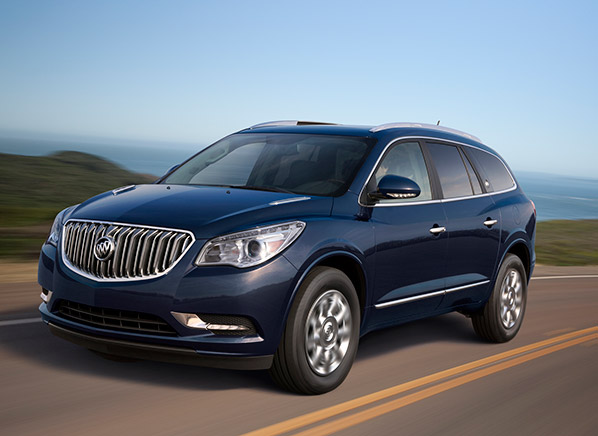Multivitamins are generally formulated to provide 100 percent of the recommended daily intakes of the essential vitamins and minerals, and smaller percentages of other nutrients. There are some people for whom a daily multi is clearly necessary:
Women who are pregnant, breast-feeding, or trying to conceive. Some pregnant women don't get the recommended 400 micrograms of folic acid a day that helps prevent neural-tube defects in newborns. And women who are either pregnant or breast-feeding need higher levels of other nutrients, including calcium and iron. They should take a specially formulated prenatal multivitamin.
People on restricted diets. People consuming fewer than 1,200 calories per day or who are cutting out entire food groups (such as carbohydrates) may need supplementation. So do people who take certain weight-loss drugs, including the over-the-counter pill Alli, that inhibit the absorption of fat-soluble vitamins.
People with a condition that depletes nutrients. Those disorders include cancer, diabetes, and chronic gastrointestinal problems such as colitis and pancreatitis that impair absorption or digestion. But such people may require more absorbable forms and higher doses of certain nutrients than a multivitamin provides.
In addition, the body's ability to absorb two essential nutrients—vitamin D (from sunlight) and vitamin B12 (from food)—diminishes with age. So people older than 50 often need to be sure they get 600 to 1,000 International Units of D and at least 2.4 micrograms of B12. A multivitamin is one potential source of those nutrients, though some people might still need a separate vitamin D supplement (often combined with calcium) to reach the recommended levels.
Beyond that, the benefit of a daily multivitamin for the average person is murky, and getting murkier. Proponents of the pills say they provide a sort of nutritional insurance policy, filling in the gaps for nutrients that people can't or, more likely, simply don't get enough of through their diets. The problem is, there's virtually no evidence that shows that doing so actually improves health in populations that don't have high levels of nutrient deficiencies.
Large clinical trials have found that taking vitamins and mineral supplements, including multivitamins, doesn't lower the risk of disease compared with not taking a multivitamin. Most recently, researchers from the Women's Health Initiative, who tracked more than 161,000 women, concluded that women who took the pills had no lower risk of cancer, cardiovascular disease, or death from any cause over an eight-year period than those who didn't. In the Dietary Guidelines for Americans report released in June 2010, the Department of Agriculture says that daily multivitamin/multimineral supplements do not offer "health benefits to healthy Americans" and urges consumption of a balanced diet plus, when needed, supplements of nutrients like calcium, vitamin D, and B12.
What's more, people who take vitamins seem to be the same ones who eat a healthful diet anyway—and thus have the least need for extra nutrients. In our survey, the small subset of respondents (about one-sixth) who ate five or more daily servings of fruits and vegetables had higher rates of multivitamin use than less healthful eaters. That echoes findings from large-scale observational studies that found that vitamin users tend to be the same people who eat well, exercise, and follow other health-promoting behaviors.
The tendency of health-conscious people to take vitamins has provided marketing fodder for vitamin manufacturers, says Irwin Rosenberg, M.D., senior scientist and director of the Nutrition and Neurocognition Laboratory at the Jean Mayer USDA Human Nutrition Research Center on Aging at Tufts University. "The companies can say that people who take multivitamins are healthier, but that's a misrepresentation of the science," Rosenberg says. "It may be true that they're healthier, but the causal relationship between the multivitamins and the better health is questionable and unlikely."
A few studies suggest that multivitamins may even increase the risk of certain health problems. Most recently, a highly publicized Swedish study that tracked some 35,000 women over 10 years found that those who took multivitamins were slightly more likely to be diagnosed with breast cancer than those who didn't take the supplements. That doesn't mean the multivitamins increased the women's risk of cancer; it may be that the women who took them were less healthy in other ways that increased their likelihood of developing cancer. But it does add to the reasons to, when possible, get your nutrients from foods—many of which contain their own potent cancer-protective properties—and to get any nutrients you may need more of, like calcium and vitamin D, from supplements rather than from a multi.


























